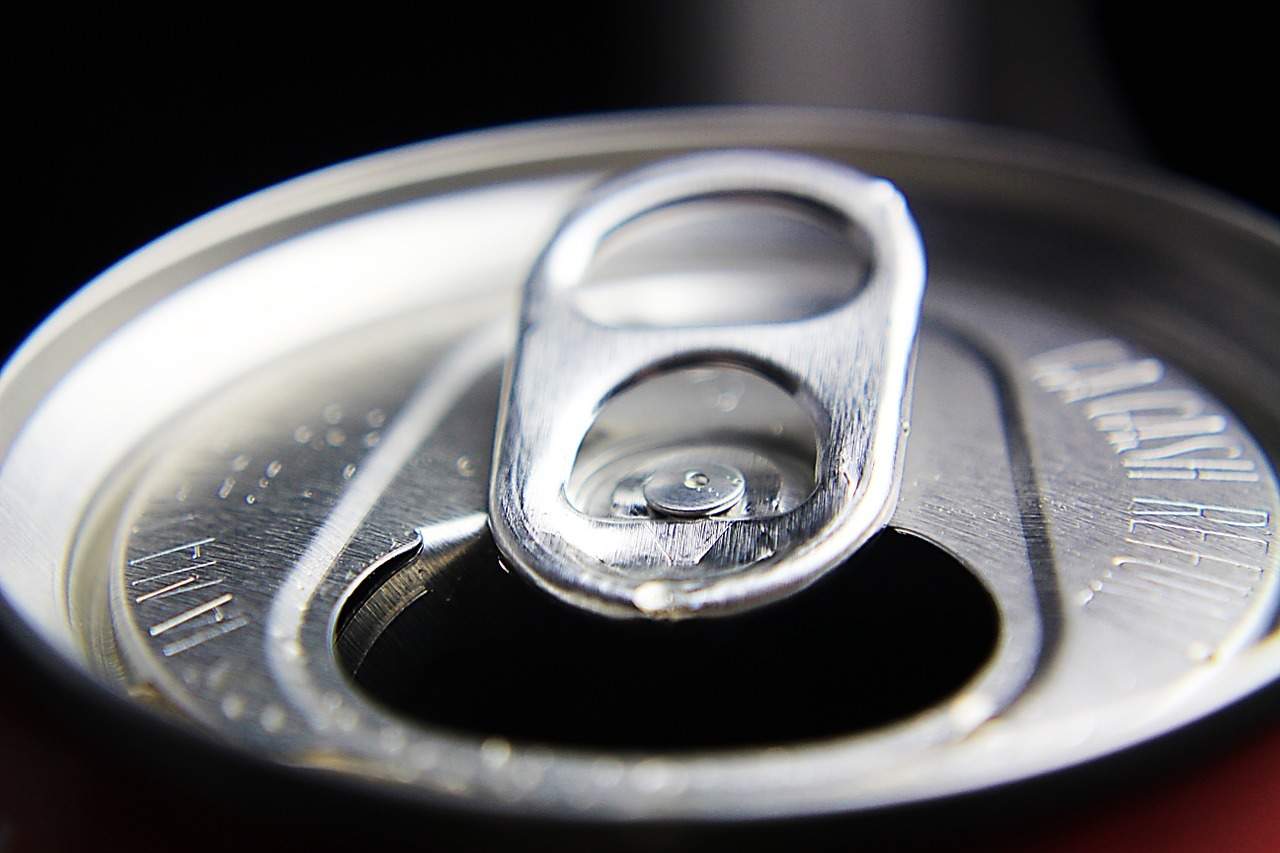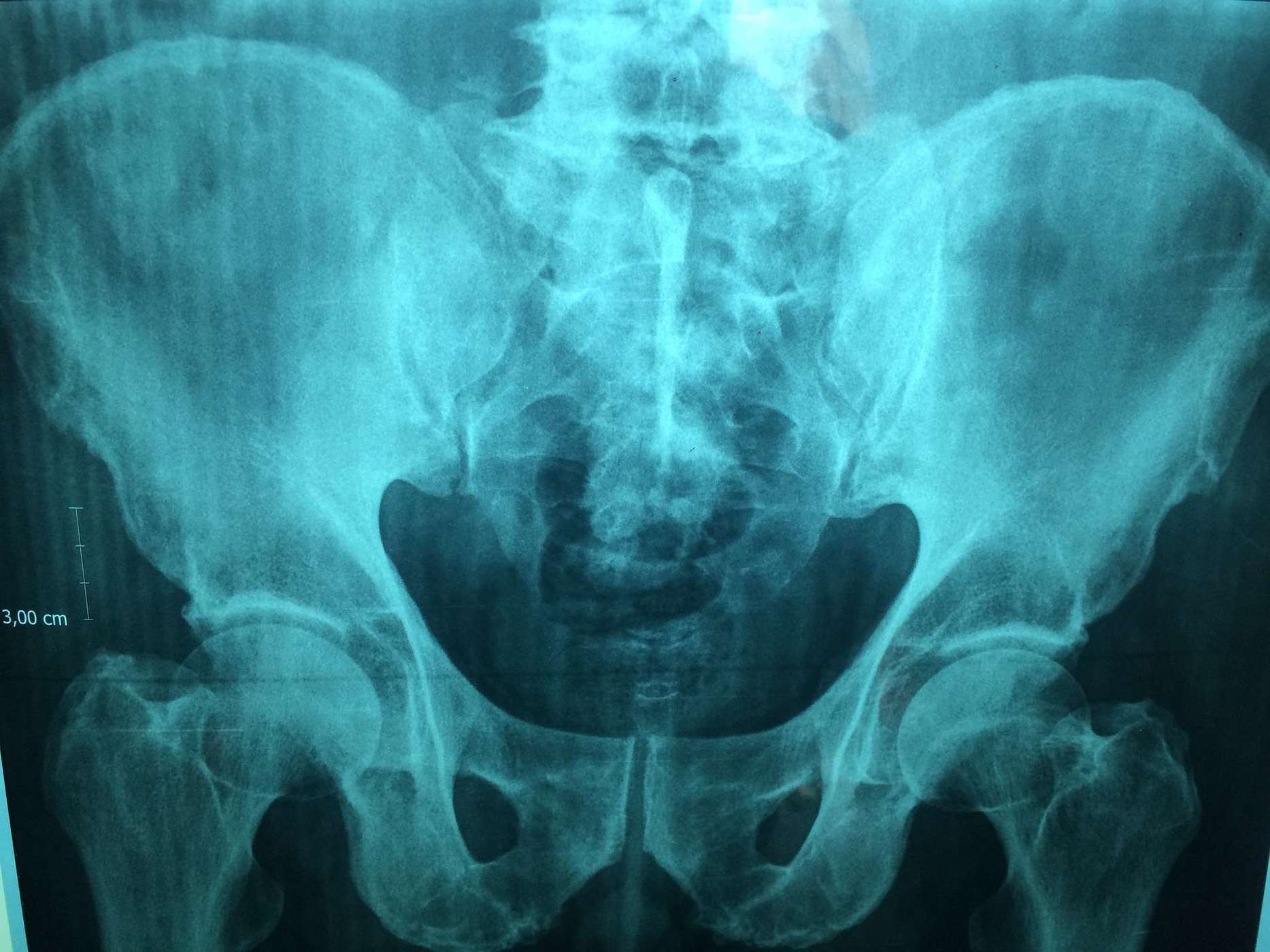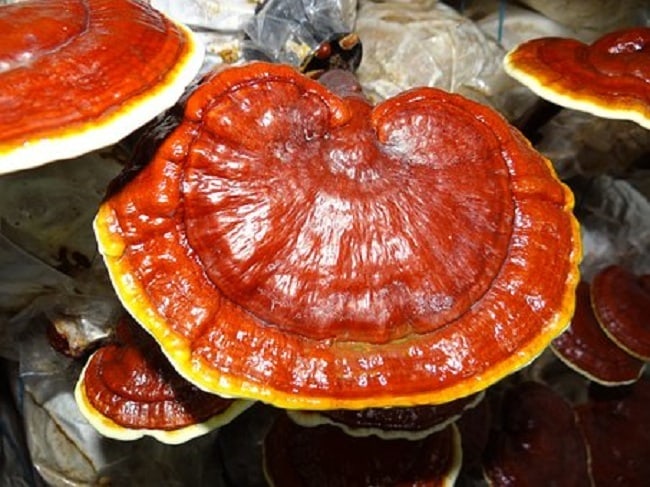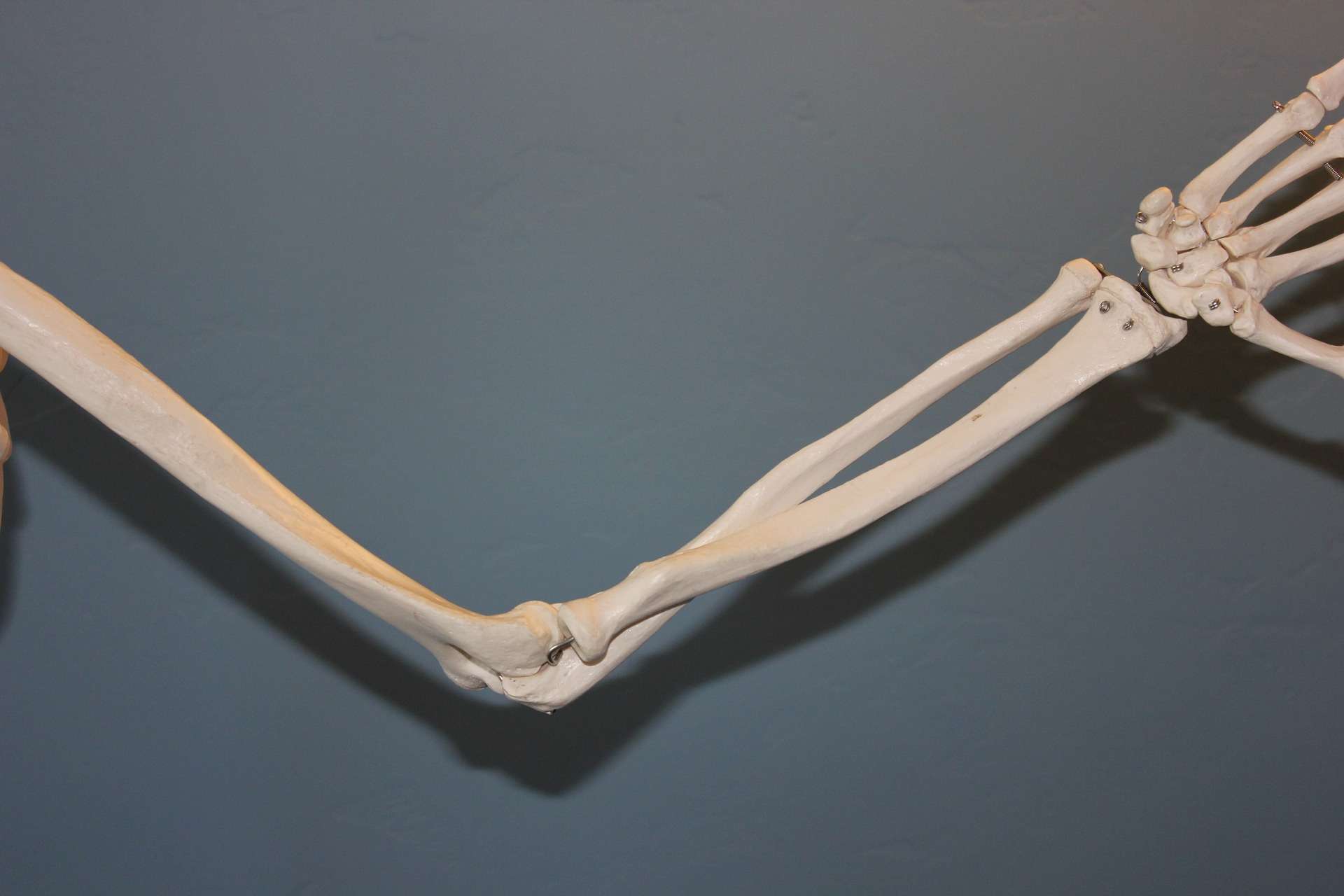Contents:
- Medical Video: 4 things you need to know about queefing or vaginal farts
- Why can we get rid of the wind?
- Is wasting the wind through the vagina caused by the same thing?
- Cause of occurrence queef or throw away the wind from the vagina
- 1. Sexual activity or inserting objects into the vagina
- 2. Physical activity or stretching
- 3. Pregnancy or menopause
- 4. After giving birth
- 5. Colonoscopy or other surgery
- 6. Vaginal fistula
- So is vaginal discharge normal?
Medical Video: 4 things you need to know about queefing or vaginal farts
Dispose of the wind apparently can not only occur through the anal canal. Have you ever heard queef or vaginal fart? Dispose of wind through the vagina is not unusual. Some women complain of sounds like removing wind from the vagina, especially when having sex. Unlike removing wind from the anus, removing wind from the vagina does not smell.
Why can we get rid of the wind?
Wind released from the anus comes from gas in the digestive system. Activities such as eating, drinking, chewing gum, and even smoking, can cause gas or wind to enter. This gas is composed of carbon dioxide, oxygen, nitrogen and methane. When the gas is released through the anus, the gas can be mixed with sulfur. The more sulfur in the wind that comes out, the more stinging the smell will be.
Not only comes from incoming air, gas can also come from undigested food. The small intestine is unable to digest some carbohydrate components such as sugar, starch, and fiber. So that this component is then passed on to the large intestine. In the large intestine, bacteria break down these components and produce hydrogen, carbon dioxide, methane, and hydrogen sulfate.
Is wasting the wind through the vagina caused by the same thing?
Dispose of wind through the vagina was not caused by bacterial activity in the digestive system. As quoted by Women 's Health Magazine, according to Mary Jane Minkin, M.D., professor of Obestetrics and Gynecology from Yale Medical School, the wind coming out of the vagina is not related to the digestive system. Queef is the result of expelling air trapped inside the vagina. Because the vagina is not shaped like a straight tube but is wavy and wrinkled, this facilitates the trapping of air in the vagina. Occurrence queef also usually associated with weakening of the muscles in the vagina and pelvis.
Cause of occurrence queef or throw away the wind from the vagina
1. Sexual activity or inserting objects into the vagina
When something is inserted into the vagina, air or wind can enter into the vagina. Sexual penetration, the use of tampons or other devices can cause the wind to push so that it sounds like a sound of exhausting wind. Not only sexual activity, a vaginal examination by a doctor or gynecologist can also cause it queef, because usually the doctor or gynecologist will use a device (speculum) to examine the inside of the vagina.
2. Physical activity or stretching
In severe cases, even when walking, queef could occur. Some movements in physical activity can cause air or wind trapped in the vagina. Not infrequently women report experiencing queef while exercising. Usually movements that are dominated by the abdominal muscles and buttocks are the ones that have the potential to cause queef, such as yoga movements or sit-ups.
3. Pregnancy or menopause
Some women report they experience it more often queef during pregnancy and when entering menopause. This can be due to the weakening of the muscles in the vagina and pelvis.
4. After giving birth
Weakening of the pelvic bone muscles, especially pelvic floor, is one of the frequent causes queef. The process of giving birth will weaken the pelvic floor muscles. The more often a woman gives birth normally (vaginal pathway), the pelvic muscles can be loosened so as to trigger the occurrence of flushing through the vagina.
5. Colonoscopy or other surgery
Some procedures, such as a colonoscopy, can cause the distribution of air in your body to become chaotic. It is not impossible that you will often go to the wind after a colonoscopy procedure or other surgery, including removing the wind through the vagina.
6. Vaginal fistula
This is the worst possibility of causes queef. Fistulas are abnormal holes that form in the body, connecting between the vagina and other organs such as the bladder, colon, even rectum or canal to the anus. If a hole is formed between the vagina and colon or rectum, then the urine or feces can come out of the vagina without your awareness. This fistula can be formed due to trauma after childbirth, side effects of cancer treatment, accidents, and several surgical procedures. Another feature of fistulas is if the wind coming out of the vagina smells bad.
So is vaginal discharge normal?
In most cases, remove the wind through the vagina or queef is a natural thing. Although often associated with sexual activity, but queef can occur at any time without having to have a trigger. To reduce the frequency of occurrence queef, You and your partner can choose sex positions that do not require you to be in a bent body position so as to minimize the possibility of air being trapped inside the vagina. In addition, you can try Kegel exercises to tighten the pelvic muscles to reduce the possibility of occurrence queef caused by loosening of the pelvic muscles.
READ ALSO:
- All about Vaginal Rejuvenation Surgery
- Get to know the various types of condoms along with their pluses
- 5 Reasons Why Women Are Difficult Orgasm












